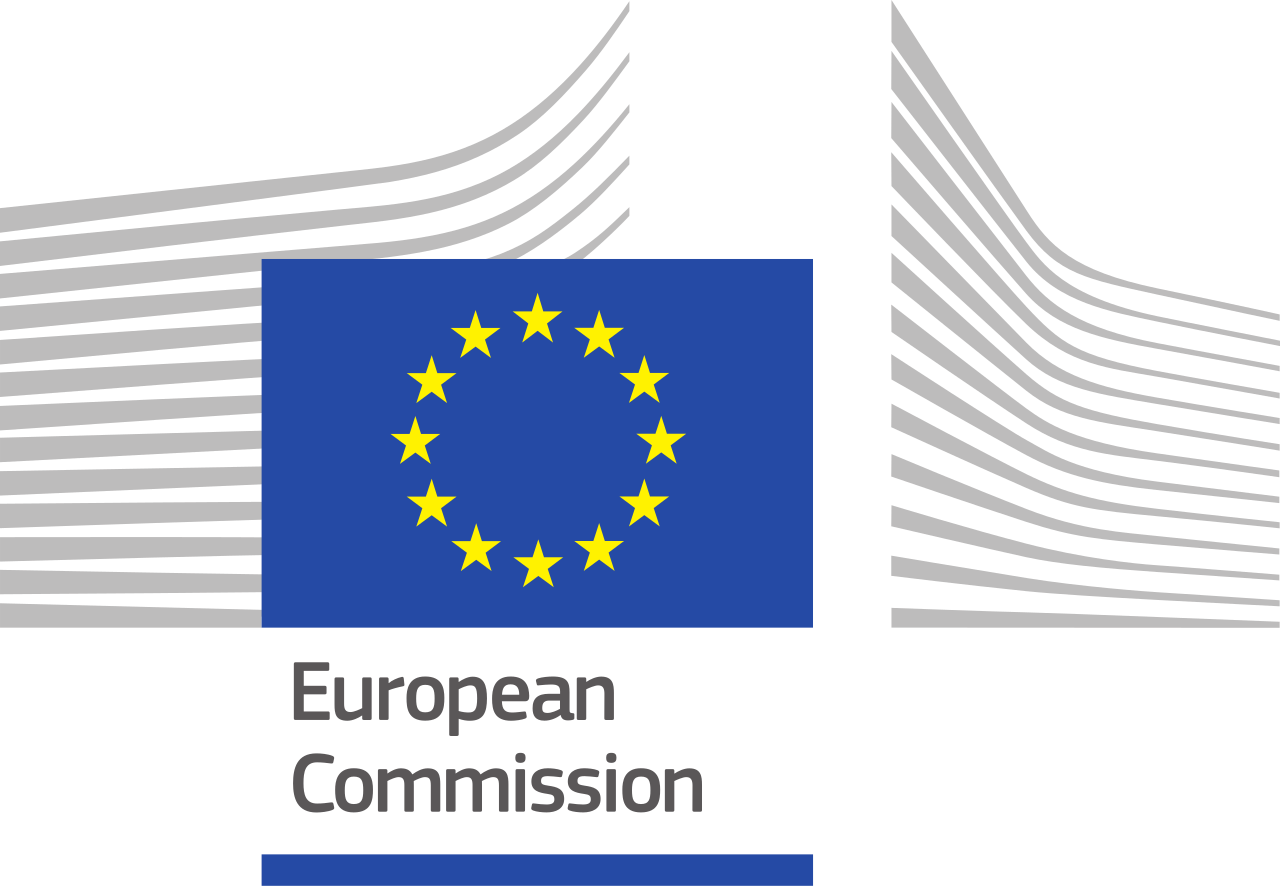ETC/ACM Report 17/2018: Policies and Measures on Renewable Heating and Cooling in Europe
The heating and cooling sector is an increasingly important area for decarbonisation to achieve Europe's renewable energy and greenhouse gas emissions reduction targets. Progress is steady in the EU overall but varies substantially between Member States. Member States achieved increases in the share of renewable energy sources in the heating and cooling sector in different ways. Solid biomass is the most important renewable energy source. Other sources for heating and cooling, such as heat pumps and solar thermal, are growing and the relative contribution of biomass is decreasing. District heating and combined heat and power have been important enablers of a high penetration of renewable heating and cooling.
Member States have implemented in total 407 policies and measures since 2000 to increase the share of renewable heating and cooling. Most new measures started in 2009, also the publication year of the RES 2009/28/EC Directive. These policies and measures show an important overlap with energy efficiency policies. By far the most frequently used policy instrument are grants, such as subsidies. For the period 2005-2016, renewable heating and cooling trends can be explained to some extent by policy interventions by the Member States.
The link between promoting renewable heating and cooling and greenhouse gas emission reductions is clear. These emission savings are largely achieved in non-ETS sectors. Reporting on climate and energy policies is currently not very integrated. Consulting different information sources is needed to have an extensive overview of all policies and measures in this sector. Read more here...

